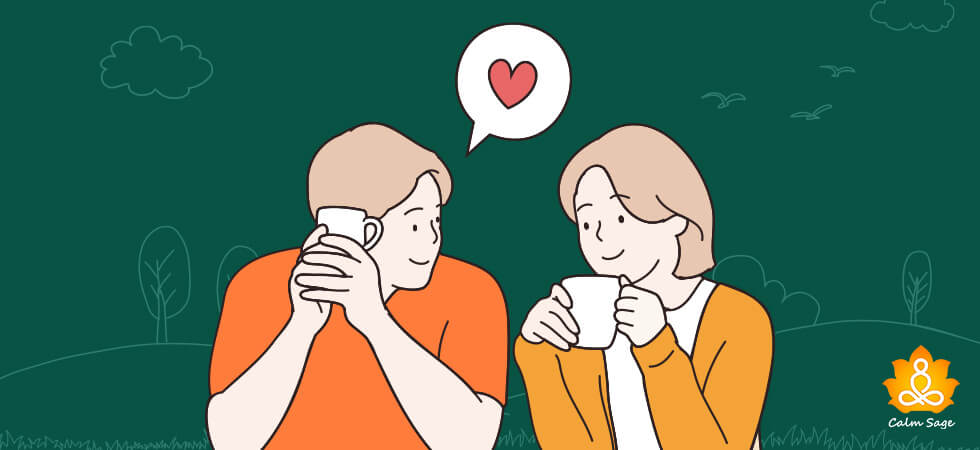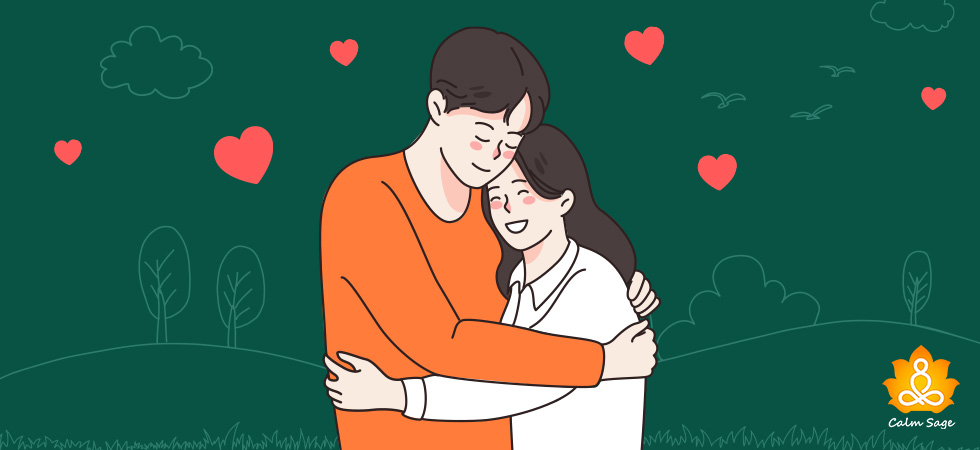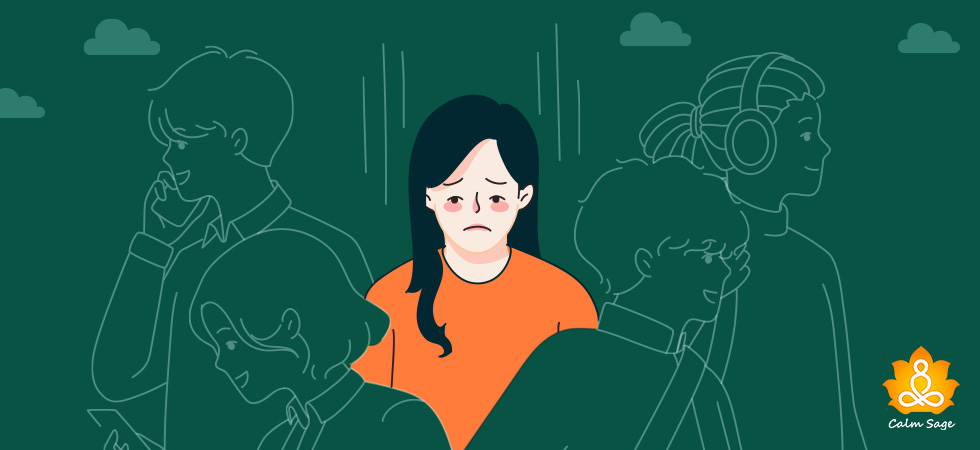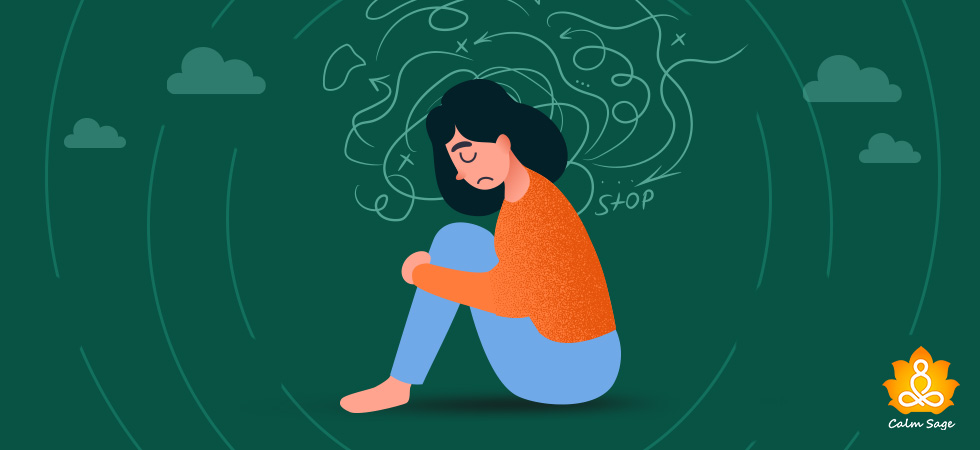The ACE Quiz: Did You Experience Childhood Trauma?
Our childhood experiences shape who we are and who we become in the future. While some memories bring nothing but joy, others can be difficult to process and even traumatic. We’ve all experienced challenges growing up, but for some, these challenges can be overwhelming and leave lasting scars.
Childhood trauma refers to the experience of events that are frightening, dangerous, or violent, and that overwhelm a child’s ability to cope. These events can happen at any point during your childhood – from infancy to adolescence.
What kind of trauma you experience can define how your adult life will pan out. Some common kinds of childhood trauma you might experience can include;
- Physical, Sexual, Emotional
- Household Dysfunction: Divorce, Separation, Domestic Violence, Substance Abuse, Mental Illness
- Trauma: Witnessing Violence, Accidents, or Death of a Loved One
- Neglect: Physical, Emotional, Mental
Childhood trauma can manifest in different ways, but some common symptoms of childhood trauma can include;
- Experiencing anxiety
- Feeling anger, fear, sadness
- Having low self-esteem
- Trouble with relationships
- Acting out as a child
- Feeling aggressive
- Withdrawing from social life
- Thinking of self-harm
- Using substances such as alcohol and drugs to cope
- Engaging in risky behaviors
- Trouble concentrating
- Trouble learning
- Experiencing memory issues
The impact of childhood trauma can be long-lasting. They can impact your physical health and increase the risk of chronic disease, obesity, and addiction. Adverse childhood experiences can also increase the risk for mental health disorders such as anxiety disorders, depression, post-traumatic stress disorder (PTSD), and substance abuse. If you’ve experienced childhood trauma, then you might also find it difficult to form and maintain healthy relationships as an adult.
What Is The ACE Quiz?
The ACE quiz, or Adverse Childhood Experiences Quiz, is a tool used to assess how many childhood traumatic events you may have experienced (before age 18). These events can have a significant impact on your life and well-being. It is believed that the more your ACE score is, the more likely you are to have experienced childhood trauma.
Please note that this quiz is NOT a diagnostic test, but a point for self-reflection. There is no right or wrong answer. Be honest with yourself. If the questionnaire brings up difficult memories, exit the quiz, and seek support.
Calm Sage understands the importance of privacy. Your responses are not shared with any third-party website, so you can rest assured of your privacy.
We also work diligently to provide you with instant results upon completing the test. The immediate result can help guide you to your next steps in seeking support and moving forward on the path of recovery.
Resources to Reach Out to…
Let’s Begin…
Did You Experience Childhood Trauma? | Free ACE Test
Please answer the following questions as truthfully as you can.
No ACEs
You likely had a relatively stable and supportive childhood. You may also have developed strong relationships with your parents, siblings, and other family members. You felt safe and secure growing up and were comfortable expressing your emotions. You most likely had positive role models who instilled a sense of self-worth and confidence in you.
While a no ACE score is good, it doesn’t mean that your childhood was perfect. A low ACE score suggests that you had a strong foundation of support and stability that continues to contribute to your well-being.
Low ACEs
You might have experienced some challenges growing up, but they were likely not frequent or severe. Your score suggests that you had trouble in the house growing up which can put you at an increased risk of health and social concerns. You might have received support but it wasn’t always frequent and that might’ve affected your ability to believe in yourself.
You can always work on regulating your emotions and building resilience. Consider seeking support from a healthcare professional or therapist who can help you develop healthy coping mechanisms.
High ACEs
A high ACE score suggests that you have experienced extensive childhood trauma or harmful events in your childhood. These events could have been physical, emotional, abusive, or neglect. Repeated exposure to childhood trauma can have an impact on your nervous system and make you more prone to chronic stress.
You can cope with childhood trauma as an adult by surrounding yourself with positive and supportive people who can offer emotional encouragement. You can also put more focus on taking care of yourself by prioritizing your mental health. You can also work on developing healthy coping mechanisms such as exercising, journaling, talking to a trusted person, or seeking professional help to deal with stress and difficult emotions.
Remember, a high ACE score doesn’t define you. You’re resilient so be strong. Reaching out to a therapist can help you understand the impact of your childhood trauma on your adulthood.







